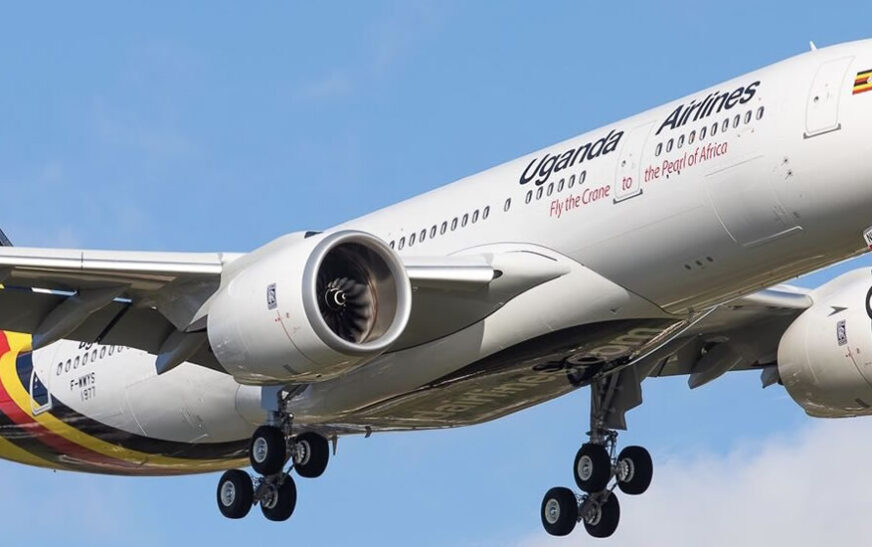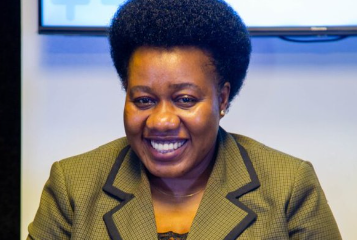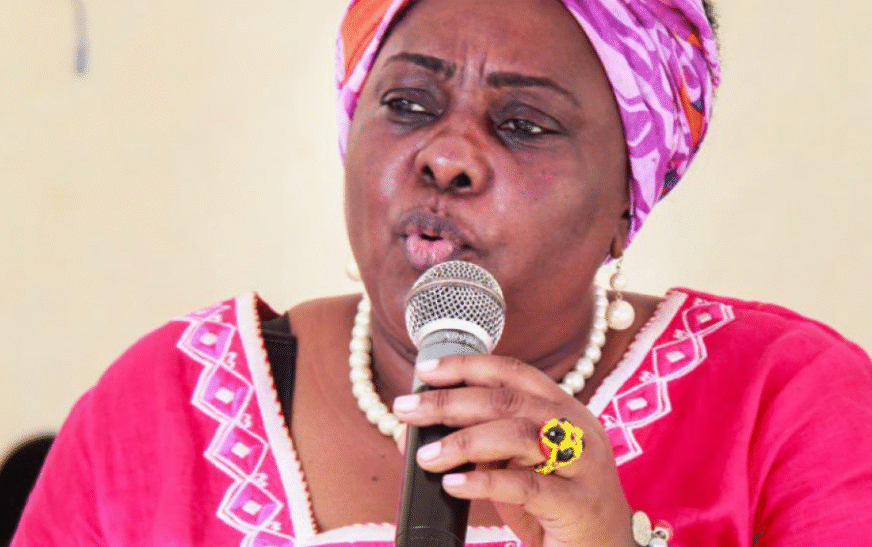The Parliamentary Committee on Commissions, Statutory Authorities and State Enterprises (COSASE) has questioned the management of Uganda Airlines, led by CEO Jennifer Bamuturaki, over a range of issues including financial losses, loss of passenger luggage, and reliance on outdated Bombardier aircraft models.
The meeting follows the Auditor General’s report for the 2023–2024 financial year, which revealed that the national carrier incurred losses amounting to Shs 237 billion during the period under review.
In defense, Uganda Airlines officials attributed the losses to high operational costs tied to the use of older Bombardier aircraft models. These, they said, result in increased expenses for mechanical spare parts, fuel, and crew allowances.
“The largest contributors to our losses this financial year are high fuel costs, depreciation, and crew allowances. These have significantly affected our operational performance,” Bamuturaki explained.
COSASE Chairperson Medard Sseggona expressed concern about the procurement of outdated aircraft models, which continue to drain resources.
“There is no production. When there’s no production, it means I won’t have spares. I’ll acquire them at a high cost possibly even used spares and we all know how sensitive that is in the aviation industry,” Sseggona stated.
The committee has now resolved to summon the individuals responsible for the decision to procure the Bombardier aircraft to explain their rationale.
“Matters of accountability don’t expire when someone leaves office. We need to know the team that participated in the procurement. Chairman, use your powers under Article 90 to summon them,” said MP Nathan Itungo.
Bamuturaki revealed that Ephraim Bagenda was CEO at the time of procurement, and a technical task force was also involved. While some members are no longer in the country, others still work with the airline.
The committee also raised concerns about the airline’s failure to pay dividends to its primary shareholder the Government of Uganda for the past two years, citing doubts about the carrier’s long-term viability.
“I don’t want to see these zeros again when it comes to dividends,” Sseggona warned.
In response, Bamuturaki noted that 67.5% of the airline’s operations are currently funded through internally generated revenues.
“We are now looking to diversify our revenue streams. At the moment, we rely heavily on passenger and cargo services,” she said.
In addition to financial and operational issues, Uganda Airlines is facing legal challenges over delayed cargo and lost passenger luggage. MPs criticized the airline for failing to resolve such matters internally, forcing passengers to pursue legal action.
“Why are people losing their baggage? And why should someone go to court to recover a bag? This is a matter that should be resolved well before litigation,” said MP Nkunyingi Muwada.
While the airline does carry some debt, sources indicate that its debt-to-GDP ratio remains below 50%, and is not currently considered a major threat.



















